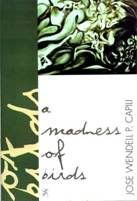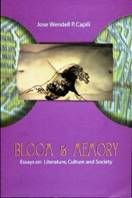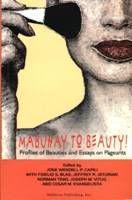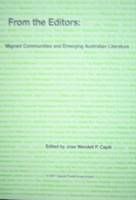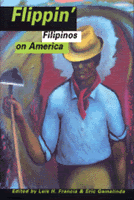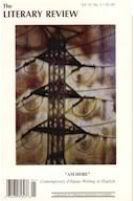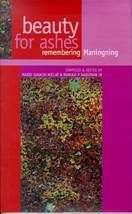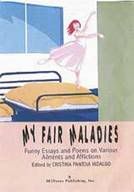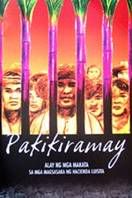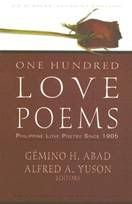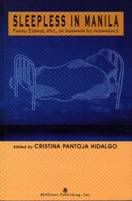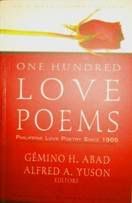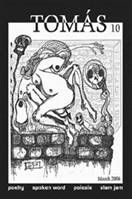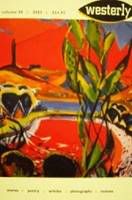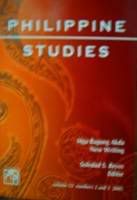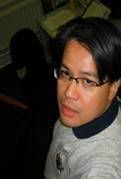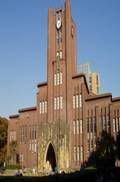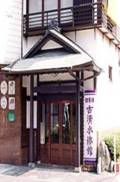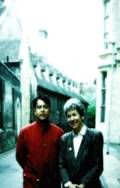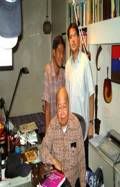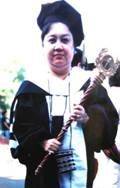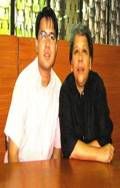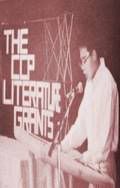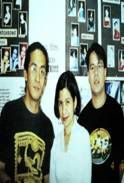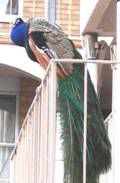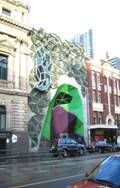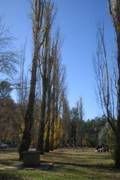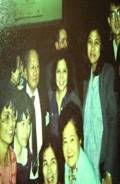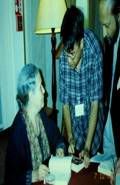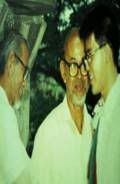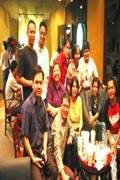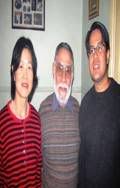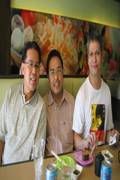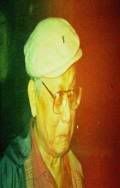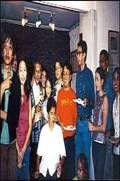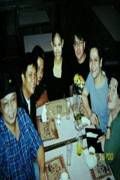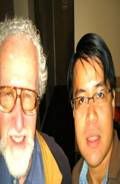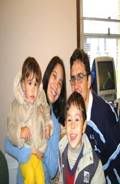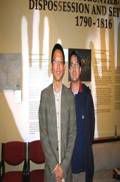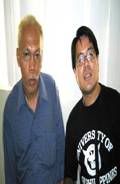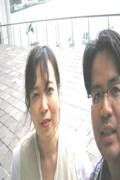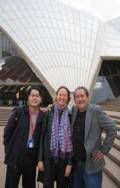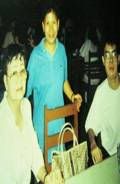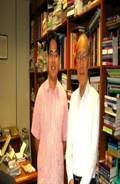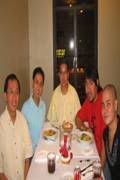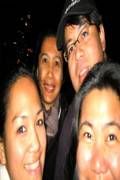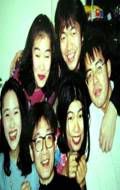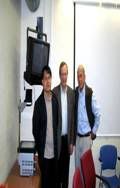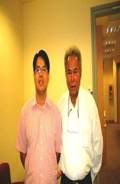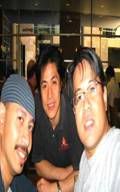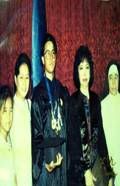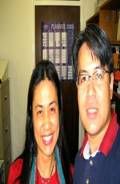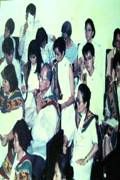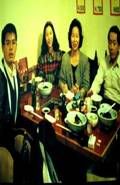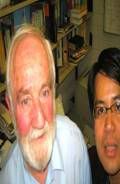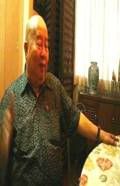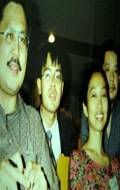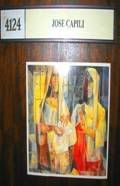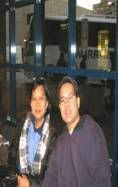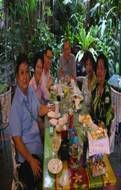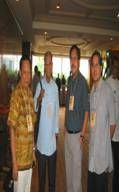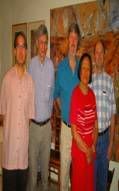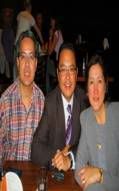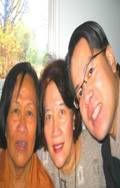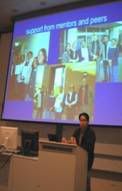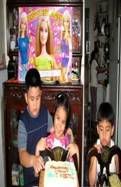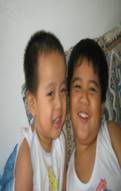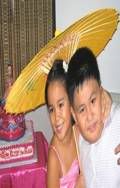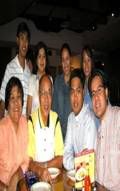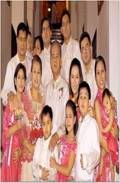philippine daily inquirer: PEN writers congress condemns Maguindanao massacre, harassment of writers
THE PHILIPPINE Center of the International PEN (Poets and Playwrights, Essayists, Novelists) has condemned the Maguindanao massacre, where at least 67 people were brutally killed in what appears to be a politically-motivated violence related to the 2010 elections.
Thirty-one of the victims were print and broadcast journalists.
Closing its 52nd national congress at the Cultural Center of the Philippines, the PEN, which is the Philippine branch of the international federation of writers based in London, passed a resolution condemning the massacre “in the strongest terms.”
The Philippine PEN said the horrendous killings could be traced to “the culture of violence and impunity that has been engendered by government’s rapprochement with warlords and their armies in Mindanao and elsewhere, and its lackluster efforts to prosecute those behind the killing and violence committed against journalists and victims of human rights abuses in the past several years.”
PEN said it is urging the government, the police and the military “to bring to the bar of justice the murderers and abusers, dismantle and destroy private armies across the land, and stop the flagrant traffic of guns and instruments of hate and bloodletting that has made Mindanao and its territories a political tinderbox and a killing field.”
The Philippine PEN also urged the Commission on Elections “to do its job competently and effectively so as to ensure the peace, security and credibility of the 2010 elections.”
Regime of violence
The PEN noted that the killing of journalists in Maguindanao is “the culmination of incidents in the past several years that point to an increasing regime of suppression and intimidation of journalists, writers and artists.”
The PEN added that its own members, such as its newly elected chairman, National Artist Bienvenido Lumbera, have not been shielded from government harassment.
PEN said that Lumbera’s house, in a celebrated case this year, had been cased by military intelligence operatives. The military officialdom denied the incident, saying that those who cased Lumbera’s house in Quezon City were military trainees in a mock intelligence-gathering activity.
The incident happened after Lumbera led other National Artists and the cultural establishment in a protest against the latest proclamation by Malacañang of a new batch of National Artists, “most of whom did not pass the selection process mandated by the law,” the PEN noted.
Before that, Lumbera had also been critical of various incidents in which government appeared to be suppressing dissent, PEN added.
The Philippine PEN likewise condemned the “persecution” of fictionist-teacher Jun Cruz Reyes by the military and its civilian auxiliaries in Bulacan. PEN said Reyes used to hold literary writing workshops among the grass roots in Bulacan but has stopped them because of the harassment.
The Philippine PEN said it is opposing harassment and curtailment of freedom of expression, which is constitutionally guaranteed. Likewise, it cited the charter of the International PEN, in which members “...pledge themselves to oppose any form of suppression of freedom of expression in the country and community to which they belong, as well as throughout the world whenever it is possible.”
Against digitalization
The 52nd Philippine PEN Congress also passed a resolution supporting the communique passed during the last congress of the International PEN in Linz, Austria, opposing Google’s project of digitalizing books that are not part of the public domain. The resolution criticized Google for infringing on the intellectual property of writers and authors.
Theme of the congress was “New Writing in the Philippines.”
Poet Ricardo de Ungria, a commissioner of the National Commission for Culture and the Arts, delivered the keynote address. Lumbera delivered the traditional José Rizal Lecture.
Panelists-speakers of the three sessions were: Wendell Capili, Efren Abueg, Dennis Aguinaldo, Neil Garcia, Kristian Cordero, Lourd de Veyra, Jose Victor Torres, and Rody Vera (Accent on Young Writing); Karina Bolasco, Oscar Campomanes, Vladimeir Gonzales, Teng Mangansakan and Erlinda Panlilio (Creative Nonfiction); Susan Lara, Gemino Abad, Charlson Ong, Danny Reyes, Edgar Samar, Benilda Santos and Susie Tan (New Writing).
Convenors of the conference included National Artist F. Sionil José, Elmer A. Ordoñez and Lito Zulueta.
Supporters of the congress were Washington Sycip, Sen. Edgardo Angara, Alfonso Yuchengco Foundation, Henry and Hans Sy of SM, De la Salle University, National Bookstore, Anvil Publishing, Solidaridad Bookshop, University of Santo Tomas Publishing House and UST Varsitarian.
the philippine PEN crowd at the cultural center of the philippines
PEN board member shirley lua, PEN founder and national artist f. sionil jose & NCCA commissioner ricardo de ungria
PEN board member lito zulueta, with national artists f. sionil jose & bienvenido lumbera
panel on young writers (L-R): j. neil garcia, kristian cordero, rody vera, dennis aguinaldo, efren abueg, jose victor torres and lourd ernest de veyra
national artist for literature bienvenido lumbera delivers this year's jose rizal lecture





